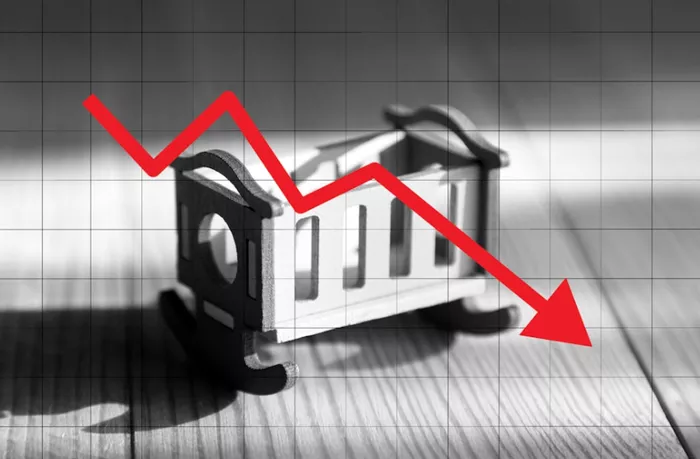Presidential campaigns often focus on immediate issues, whether domestic challenges or foreign threats. However, significant developments can go unnoticed until they lead to social upheaval. Economist Nicholas Eberstadt highlights a crucial issue: the Earth’s population is set to decline for the first time since the Black Death. This demographic shift will create social challenges, largely stemming from a recent but transformative event—the emancipation of women.
Eberstadt, a prominent figure at the American Enterprise Institute, argues that the anticipated decline will result from choices about fertility and family structures, reflecting a global decrease in the desire for children. Currently, two-thirds of the world’s population lives in countries with below-replacement fertility rates. For instance, since the Soviet Union’s collapse, Russia has seen 17 million more deaths than births. Countries like France and Italy have reported their lowest birth rates in centuries.
While some have expressed concerns about a potential population explosion, Eberstadt points out that increases in population often correlate with economic growth. He notes that as societies become wealthier and more educated, women’s desires for different lifestyles impact birth rates. This shift has coincided with declining religious belief, which traditionally encouraged larger families.
Eberstadt warns that the aging population may hinder economic growth and strain social welfare systems in developed nations. The anticipated rise in older adults will lead to fewer marriages and higher levels of voluntary childlessness. He suggests that without significant changes, countries may face dwindling workforces and unsustainable social expenditures.
Despite these challenges, Eberstadt maintains an optimistic outlook. He believes that improving living standards and technological advancements can still be achieved. A favorable business climate, which encourages free trade and efficiency, is vital for prosperity in a depopulating world.
Demographic trends could also reshape global power dynamics. While countries like China and Russia may overestimate their future capabilities, the U.S. is positioned to enhance its influence. The U.S. has higher fertility rates than most East Asian and European nations, bolstered by immigration, which will increasingly contribute to the country’s labor force and educated youth.
In the current presidential campaign, immigration is a key topic connected to these demographic changes. Eberstadt critiques both Donald Trump and Kamala Harris for their unclear stances on this vital issue.
Related topics:


